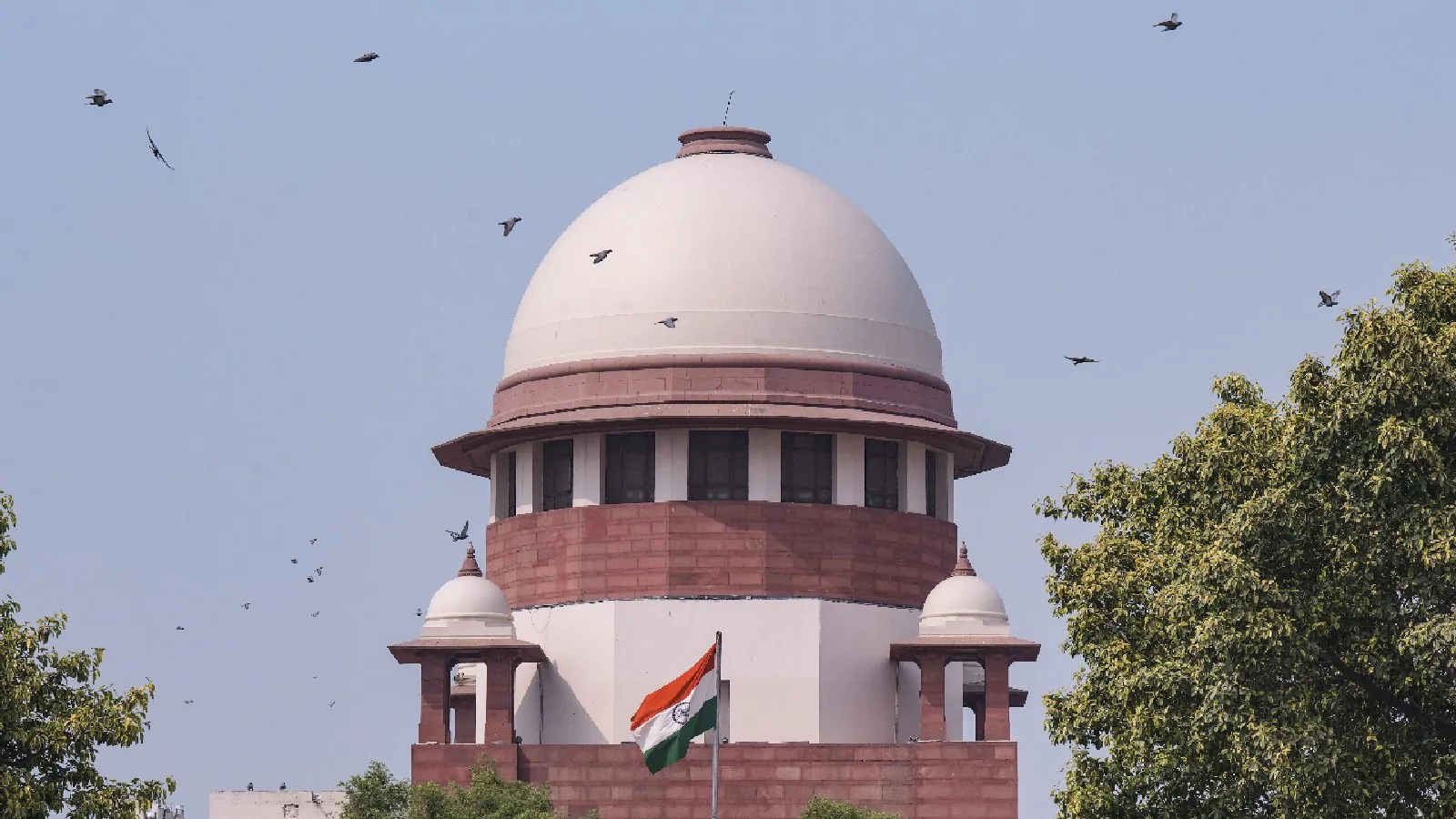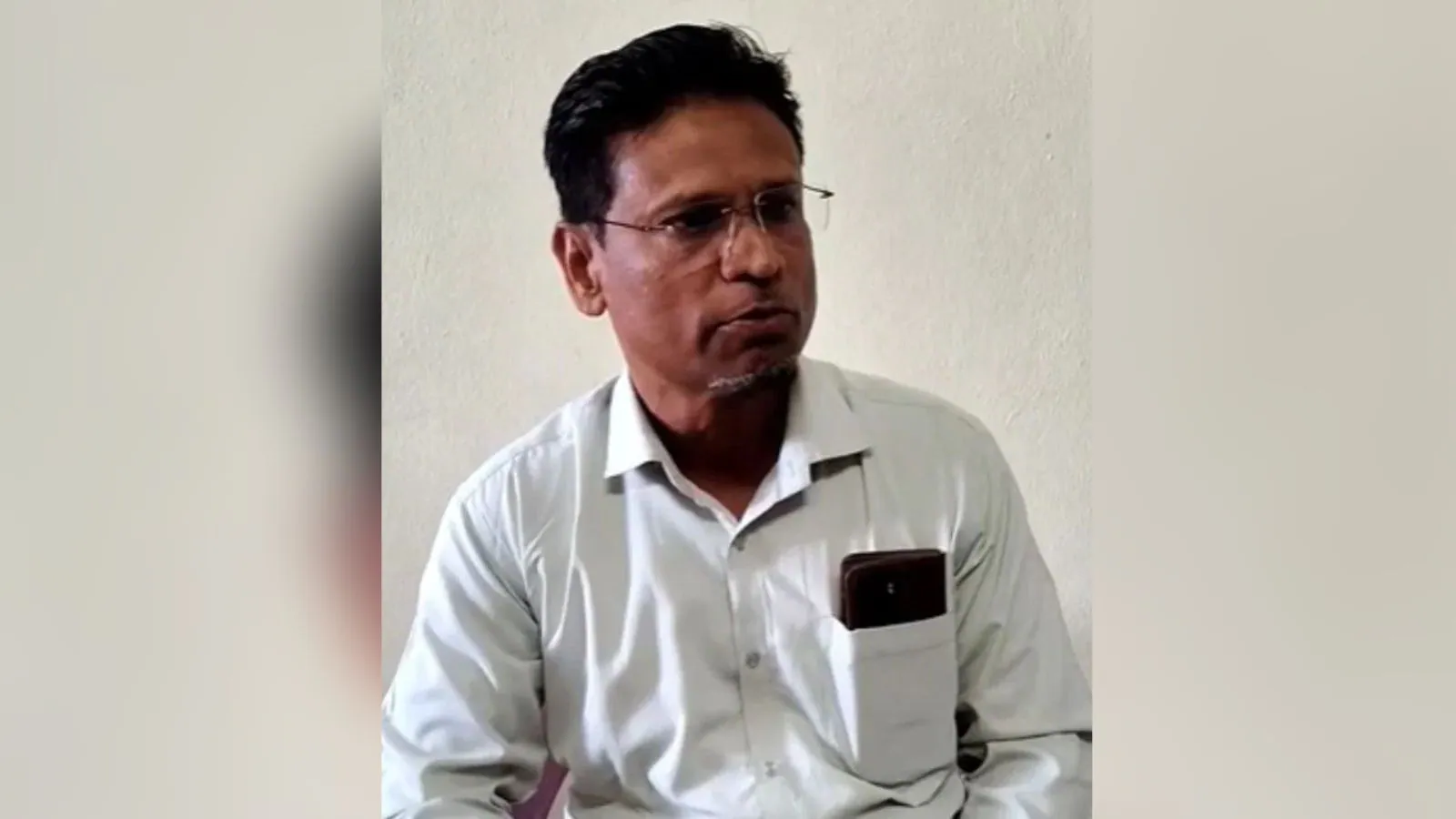Copyright news18

After pushing for gender-neutral bathrooms in schools and transgender participation in girls’ sports, the woke ecosystem now wants 16-year-olds to be legally free to have consensual sex. The matter has reached the Supreme Court, which is set to hear in about 15 days a petition seeking to lower the age of consent from 18 to 16. At present, any sexual activity between adults and adolescents under 18 or even consensual sex between teenagers is criminalised under Section 2(d) of the Protection of Children from Sexual Offences Act (POCSO), 2012. Supporters of lowering the age of consent argue that the current law unfairly criminalises consensual adolescent relationships, turning young love into a legal offence. They say the State and society need to take a more pragmatic view since many 16- to 18-year-olds are already sexually active and capable of making informed choices. Others contend that the law is often misused by families to target inter-caste or inter-religious couples. Lowering the age, they argue, would align India with global norms, reduce misuse of the law, and draw a clearer distinction between genuine exploitation and consensual relationships among peers. All this sounds reasonable. But let’s break down the arguments. It may be true that some 16- to 18-year-olds possess the maturity to decide when, where, and with whom they want to have sex. But the exception doesn’t prove the rule. If it did, the same logic would apply elsewhere. If a child is mature enough at 16 to make informed decisions about sex, why aren’t they deemed mature enough to vote, drive, or drink at 16? Under Indian law, all three remain offences below 18. Science tells us why: the prefrontal cortex, responsible for planning, judgment, and impulse control, is not fully developed in adolescents. Supporters also claim that lowering the age will help distinguish exploitation from consensual peer relationships. That logic doesn’t automatically follow. On the contrary, the risk of exploitation may increase. Lowering the age could make younger teens more vulnerable to grooming and manipulation by older individuals. Then there’s the question of context. India’s conservative social structure and weak sexual health education mean that a lower consent age could expose adolescents to unsafe sex. Research already links early sexual activity to higher rates of sexually transmitted infections and unwanted pregnancies, and that’s in western societies where morality has long been decoupled from sex. Pretending that most 16-year-olds are mature enough to make the right choice is to sacrifice sense and science at the altar of woke virtue-signalling.



